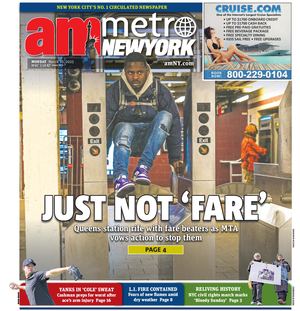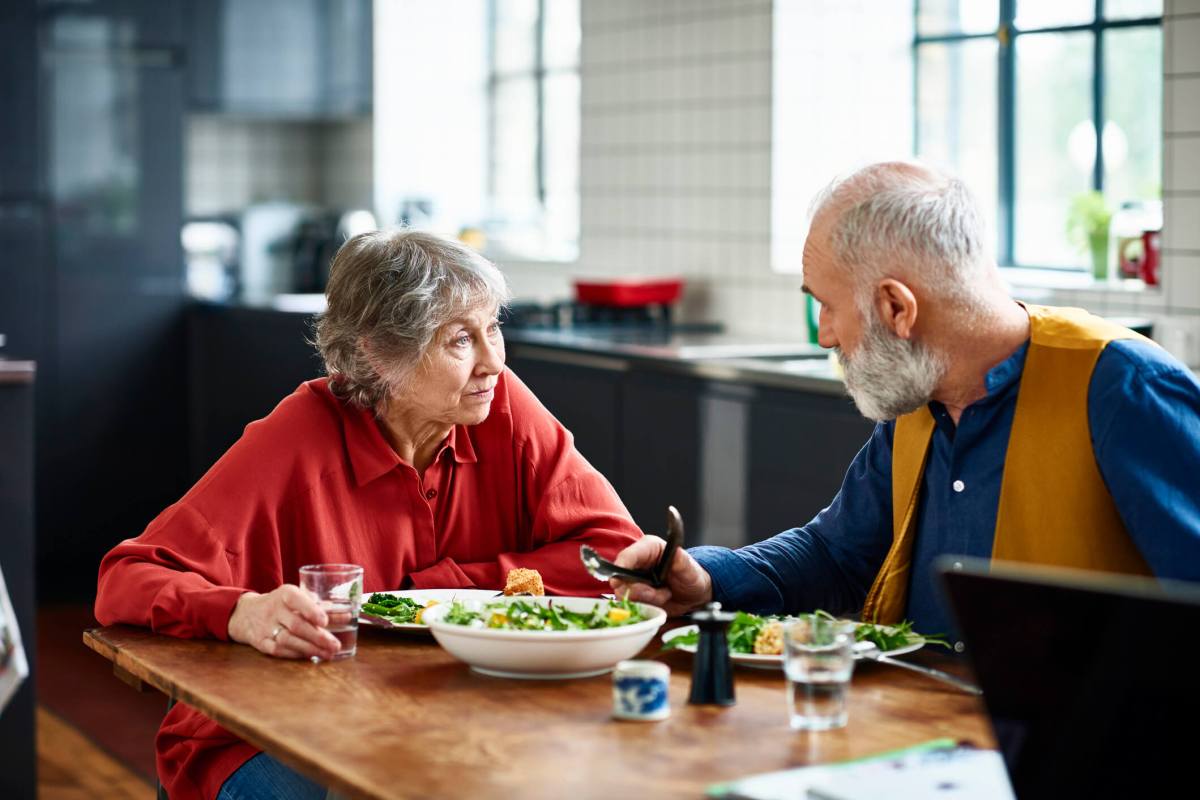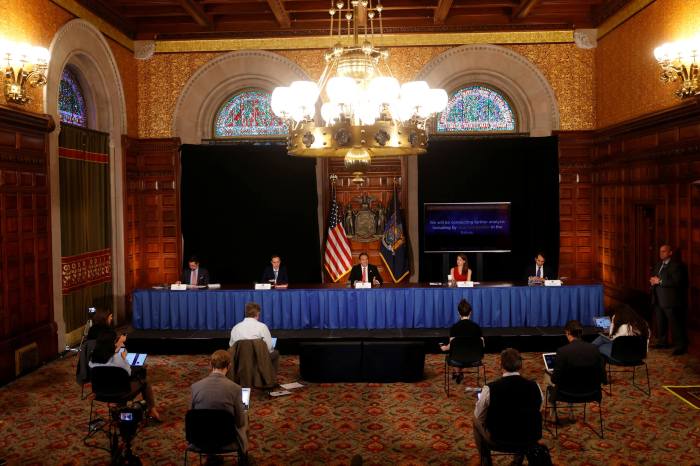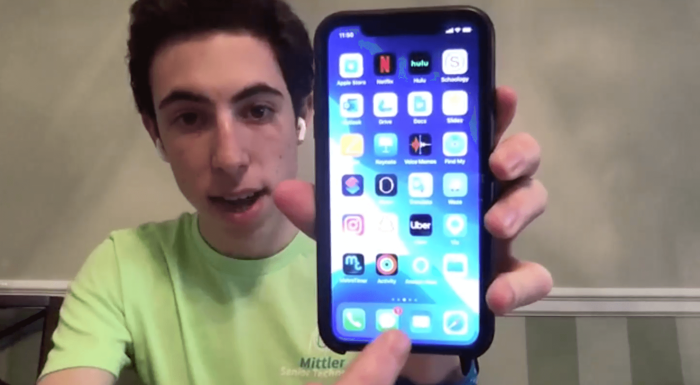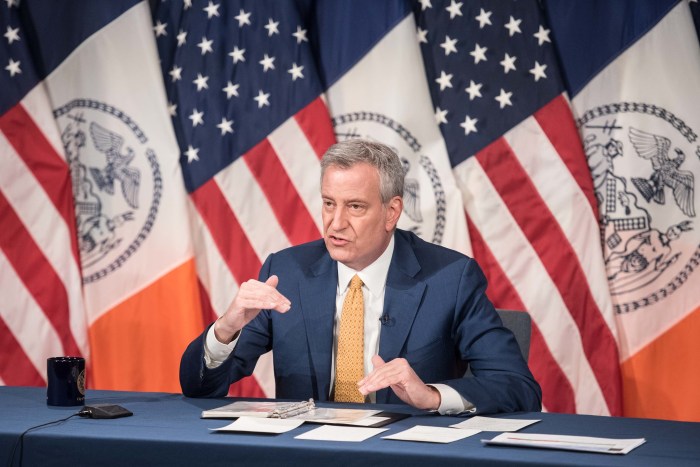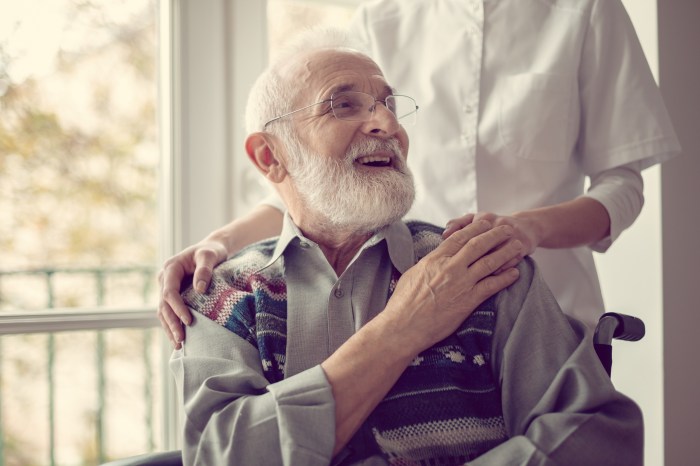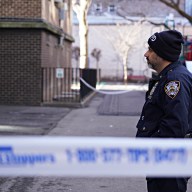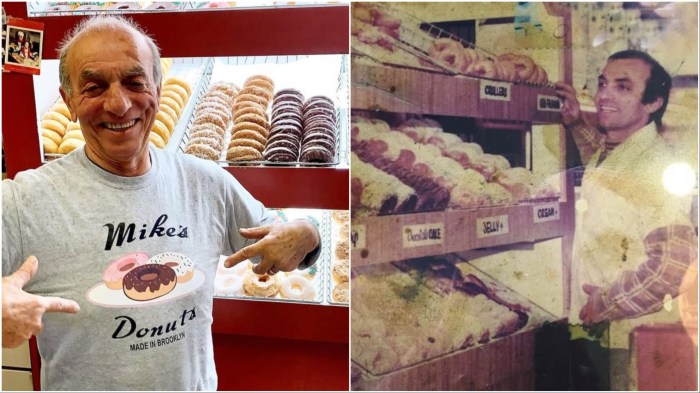In one month, the city will wind down GetFoodNYC operations, ending the emergency food program created in response to the pandemic. While the peak of the crisis has passed, the need for food remains high—particularly among vulnerable older New Yorkers.
Even before the pandemic, 1 in 4 older adults living at home were nutritionally at risk. Then COVID hit, creating a crisis uniquely devastating for seniors. Older residents, most susceptible to the coronavirus, shuttered themselves indoors. Not surprisingly, requests for home-delivered meals went through the roof.
At Encore Community Services, we saw a 45% increase in demand the first few weeks of the pandemic, and rushed to meet the need. We provided 1,600 delivered meals a day to seniors on the west side of Manhattan, up from 1,100. Our peer organizations saw similar requests. Unfortunately, we weren’t provided with funds to sustain the increased demand for meals, despite being recognized experts in the field. Instead, the city used federal funding to create a new emergency food program, GetFoodNYC, and had that program operated by the Department of Sanitation, rather than the Department for the Aging (DFTA).
On Oct. 1, the city will start to shutter GetFoodNYC and is now turning to nonprofit senior service providers to facilitate the transition for 19,000 seniors still enrolled. Once again, we are expected to solve problems with no promise for sustained funding or support.
A handful of individuals still enrolled in GetFoodNYC may return to recently-reopened senior centers for meals. But many likely have limited mobility, and would be eligible for home-delivered meals funded through DFTA. However, most providers, like Encore Community Services, are at capacity with contracts capped by the city, and cannot expand to meet the needs.
Furthermore, while GetFoodNYC provided three meals a day as an emergency service, regular meal delivery clients supported by city-funded programs are only allocated one meal per day—often the only meal they eat. It’s clearly not enough.
As the city works towards an equitable COVID recovery, we can’t forget about seniors and their nutrition needs. In fact, over the next few years, the needs of older New Yorkers will only increase as demographics continue to shift. The situation requires significant and long-term investment from the city—including additional funding for DFTA, improved flexibility with city contracts, and an emergency food plan to ensure that all older adults have uninterrupted access to food before the next crisis happens.
Jeremy Kaplan is the Executive Director of Encore Community Services.
